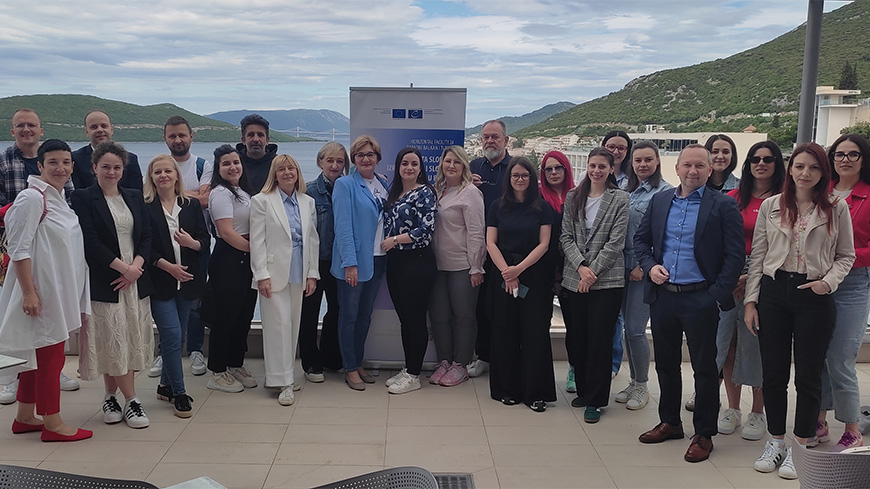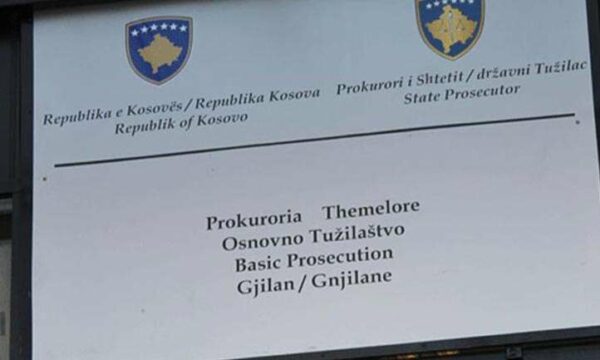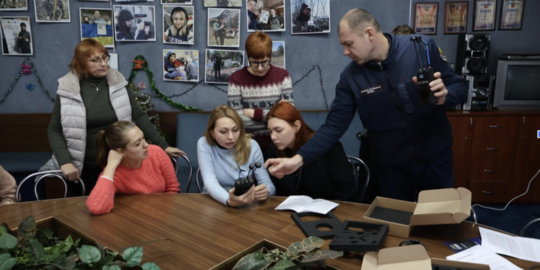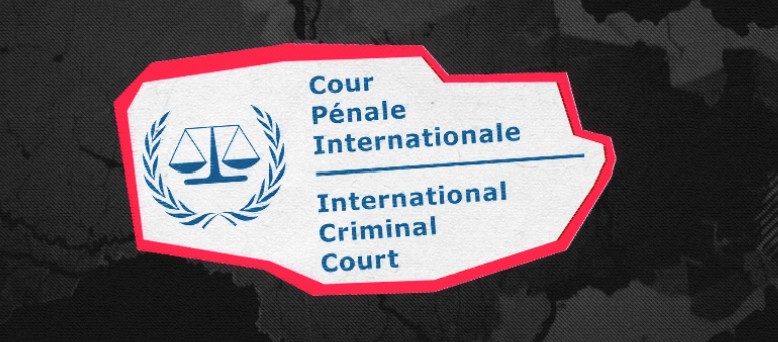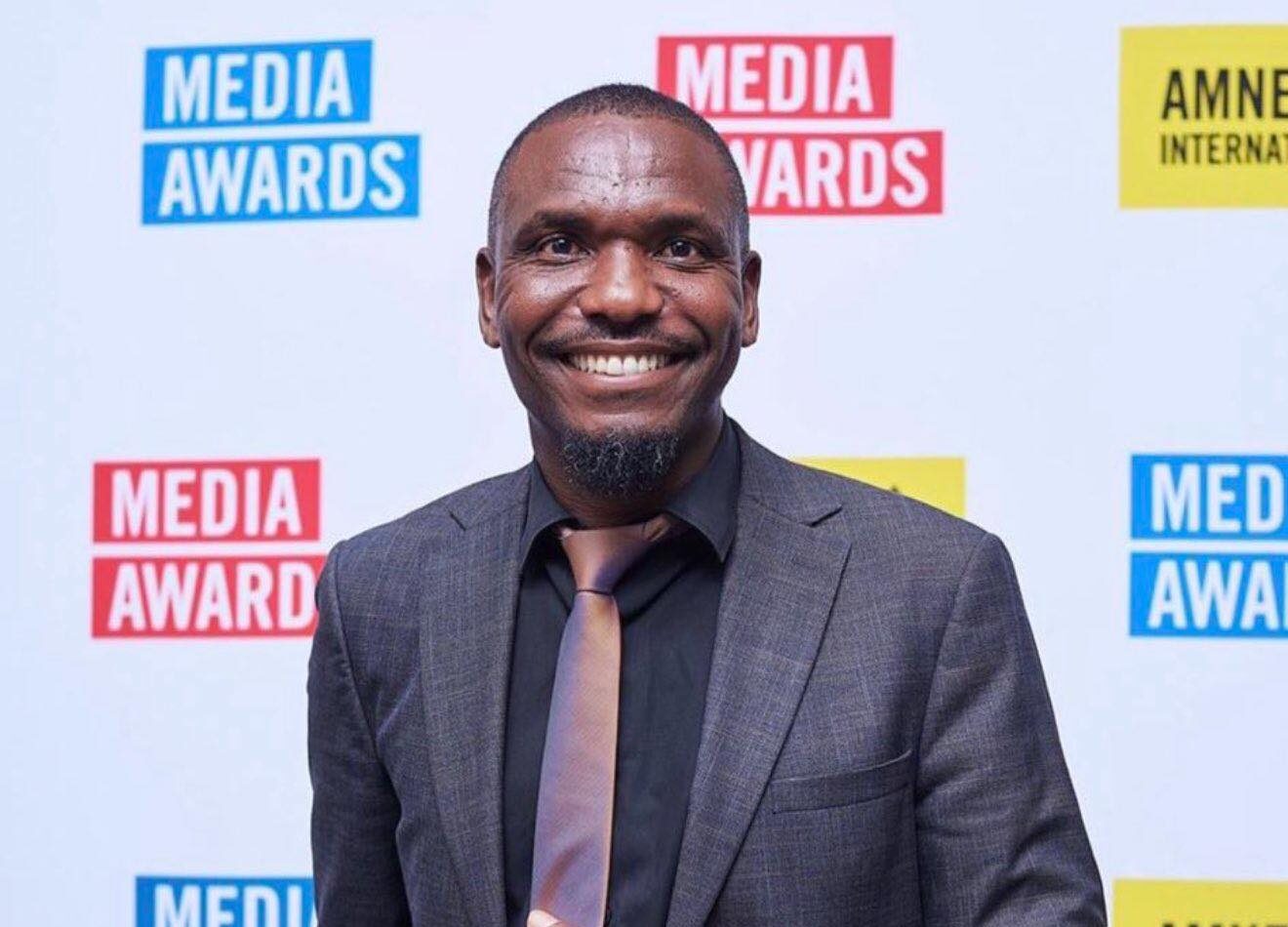
Zimbabwe’s Repression of Journalist Blessed Mhlanga
May 16, 2025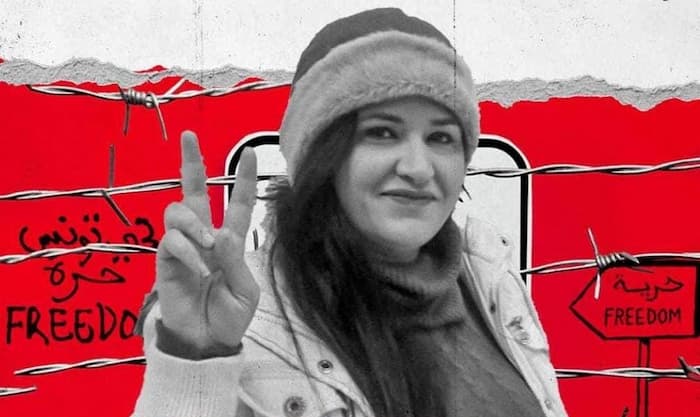
Tunisian Journalist’s Health Deteriorates Amid Hunger Strike in Detention
May 16, 2025May 16, 2025 – Bosnia & Herzegovina –
Journalists in Bosnia and Herzegovina are increasingly being recognized as key allies in the fight against gender-based violence (GBV). With rising public awareness and policy efforts still falling short, media professionals are stepping up to raise their voices, challenge harmful narratives, and advocate for change.
Recent initiatives across the country have focused on equipping journalists with the skills and tools needed to report responsibly and effectively on issues related to GBV. These efforts include training programs, community forums, and institutional support that aim to strengthen ethical, trauma-informed reporting. By highlighting survivor stories with care and accuracy, journalists are helping to break cycles of silence and stigma that often surround violence against women.
The importance of their role was emphasized in a UN-led event in Sarajevo, which brought together journalists, civil society actors, and international partners to discuss the media’s influence on public understanding and policy. The event underlined how sensitive and informed reporting can lead to more survivors seeking help, greater public support for protective laws, and pressure on authorities to take action.
In a complementary initiative led by the Council of Europe, journalists from across Bosnia and Herzegovina were trained to challenge gender stereotypes and debunk myths that perpetuate violence. The program focused on reinforcing editorial responsibility, avoiding sensationalism, and supporting a human rights-based approach to coverage.
Media professionals also face challenges, including political pressure, limited editorial independence, and the risk of backlash when reporting on powerful institutions or exposing failures in the justice system. Despite these obstacles, a growing number of journalists, particularly women, are using their platforms to create safe, informed conversations around GBV.
These efforts come at a critical time. Although Bosnia and Herzegovina has taken legislative steps to address violence against women, implementation remains uneven, and societal attitudes continue to normalize abuse. By centering survivor voices and promoting accountability, journalists are helping to reshape public discourse and push for systemic change.
Their engagement underscores the vital role of free and ethical journalism in protecting human rights and fostering safer, more informed societies.
Reference –

